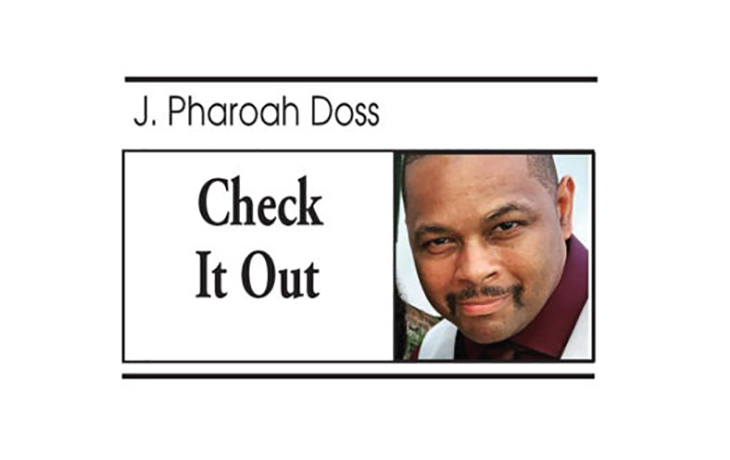Pro-Palestinian protesters. Jessica Rinaldi/The Boston Globe via Getty Images/The Conversation
During the aughts, the Westboro Baptist Church gained national attention for picketing funeral services for American soldiers killed in Iraq. Westboro picketers carried signs reading “Thank God for Dead Soldiers” and “God Hates Fags.”
At first glance, the message on the second sign appears out of place, yet it is precisely what motivated these extremists.
As the country became more accepting of same-sex marriage, Westboro Baptist Church members warned that God’s wrath would rain on America for its moral decadence. They preached that natural disasters and military casualties were God’s punishment for America accepting homosexuality.
The father of a US Marine killed in Iraq filed a lawsuit against Westboro Baptist Church for picketing his son’s funeral. The father hoped that fighting the lawsuit would cause Westboro Baptist Church to go bankrupt, leaving them unable to travel and protest military funerals.
However, the US Supreme Court voted 8-1 in favor of the Westboro Baptist Church.

The majority ruling, written by Chief Justice John Roberts, stated: “What Westboro said, in the whole context of how and where it chose to say it, is entitled to special protection under the First Amendment, and that protection cannot be overcome by a jury finding that the picketing was outrageous.”
The lone dissenter, Justice Samuel Alito, disagreed.
He stated, “Our profound national commitment to free and open debate is not a license for the vicious verbal assault that occurred in this case.”
What turned Alito against the Westboro Baptist Church was that the picketers did not deny that their actions went “beyond all possible bounds of human decency.” The picketers claimed that their first amendment rights gave them permission to engage in absurd and extreme behavior, but Alito decided they were incorrect.
Two statements sum up Alito’s perspective.
1). While free speech safeguards the right to express oneself, it does not provide a defense for the words spoken.
2). Just because you have the right to do something doesn’t mean you should.
This brings us to Students for Justice in Palestine (SJP), who scheduled a “vigil for Gaza” at the University of Maryland on October 7, the one-year anniversary of Hamas’ sneak attack on Israel, in which Hamas terrorists murdered civilians and abducted hostages.
October 7, 2023, was the largest massacre of Jews since the Holocaust. Common sense would suggest that October 7 should be a somber day of remembrance for the Israelis who died, a day that reminds the world that Hamas terrorists continue to hold Israeli hostages, and not a day to have a “vigil for Gaza.”
Unfortunately, sense isn’t common, and neither is courtesy.
If SJP had attempted to hold a “vigil for Gaza” on October 7 in honor of the innocent Palestinians who lost their lives in a war that Hamas started, their reasoning might have stood up to scrutiny, but their stated goal was to commemorate a year in which Israel committed genocide against the Palestinian people.
The problem here is that SJP made a moral equivalence between Israeli citizens killed by Hamas and Palestinian civilians killed by Israeli defense forces. Even if one views Israel’s defense forces’ collateral damage as disproportionate and likely war crimes, it differs from Hamas because their war crimes were premeditated.
Israel’s full-scale invasion of Gaza did not start until October 27. Held on that date, SJP’s “vigil for Gaza” would have placed their accusation of genocide into a proper context. However, SJP’s choice to commemorate Israel’s “genocide” against Palestinians on October 7 presented an even more pernicious claim. SJP was insinuating that Israel’s response to October 7 makes them no different from the Nazi regime that attempted to exterminate them.
The University of Maryland tried to cancel the event.
SJP sued, and a federal court found in favor of the student organization.
The judge ruled that the university’s decision was a direct response to possible speech that multiple groups or individuals claimed would be extremely offensive. Consequently, the university’s decision violated the student group’s right to free speech.
Maryland Governor Wes Moore stated that he will respect the court decision allowing the “vigil for Gaza” on October 7, but he considered it inappropriate to hold such an event on that date.
Following the event, the Baltimore Banner’s headline read: Hundreds gather peacefully for controversial University of Maryland Gaza vigil. According to the reporter, “community members gathered on blankets,” and “others were nearby flying kites with rainbow tails bearing slogans such as ‘Free Palestine’ and ‘From the River to the Sea’.”
Students argue that the slogan “from the river to the sea” indicates their desire to end Israel’s military occupation of Palestine. Other activists argue that the slogan has many meanings.
That is nonsense.
On the 25th anniversary of the founding of Hamas, the terror group’s former leader, Khaled Mashaal, delivered a speech in Gaza, declaring, “Palestine is ours from the river to the sea and from the south to the north. There will be no concessions on any inch of the land.” The slogan “from the river to the sea” is shorthand for Mashaal’s advocacy for Israel’s non-existence.
Given the negative connotations associated with the phrase “from the river to the sea,” any responsible activist would have developed a more appropriate slogan.
Unfortunately, SJP demonstrated the same lack of decency as Westboro picketers at soldiers’ funerals, but, at least, the picketers were upfront about it.


